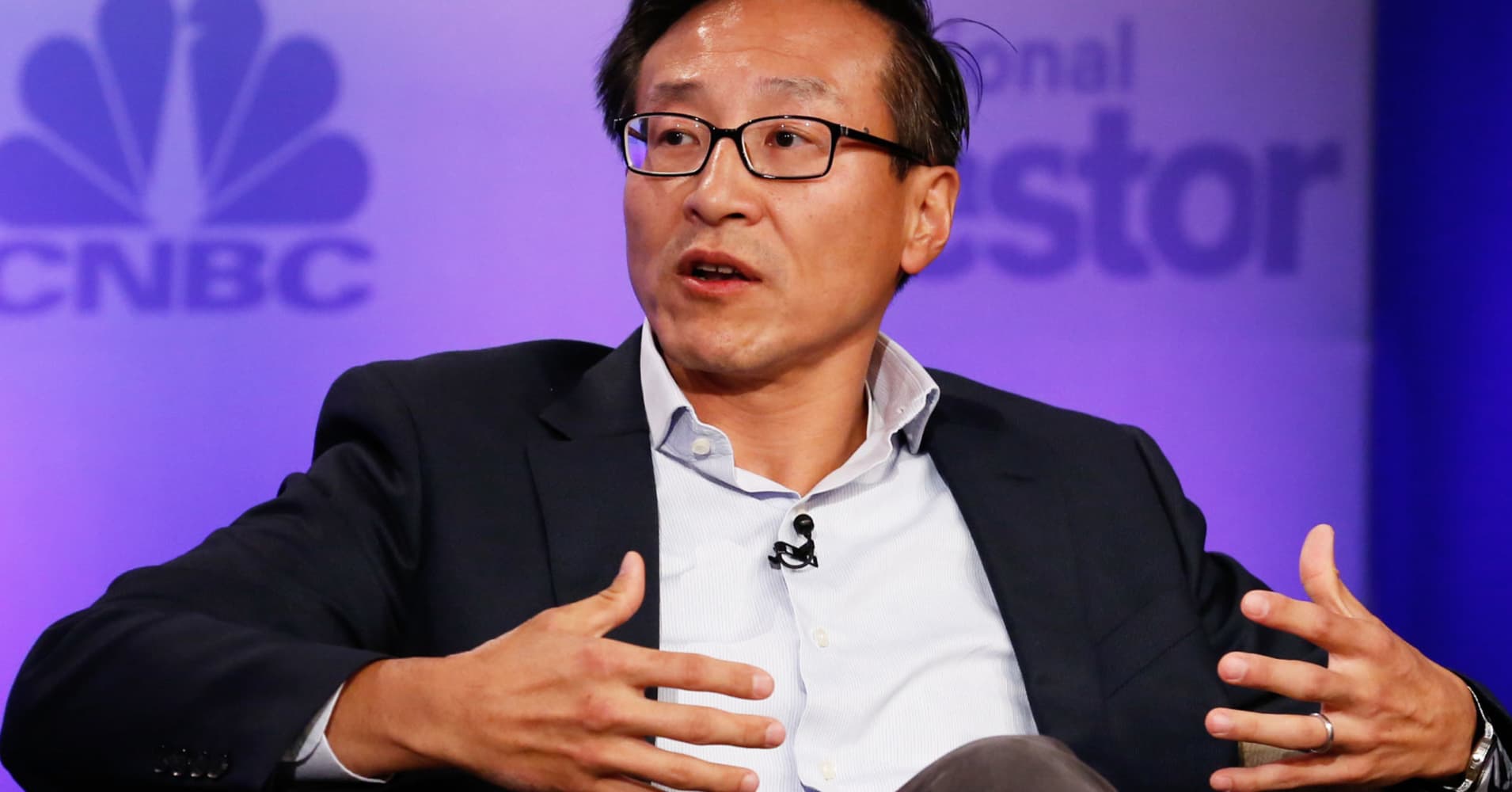
China’s economy is being powered by consumers, he said, and the Chinese middle-class consumer base could nearly triple by 2030. Tsai said there is a “symbiotic relationship” between American businesses with ties to China and vice versa.
Alibaba, the online marketplace in China, has been cashing in on the industry where last quarter it outgrew total e-commerce by “several percentage points,” Tsai said. He pointed out that the platform carries a number of U.S. imports, such as juice from Ocean Spray and apples from Washington state. Last November, the executive chairman warned that a full-blown trade war between the countries would hurt many U.S. businesses that have ties to China.
The U.S. has tariffs on $250 billion worth of Chinese goods, while China has targeted duties on $110 billion worth of imports.
U.S. officials have indicated that negotiations have been productive but that a number of issues still need to be worked out.
Trump signaled on Tuesday that he would consider delaying his promise to hike tariffs on $200 billion worth of goods if a trade deal is not yet reached.
“We’re always glass half full. We’re in business, so we always hope for a benign environment,” Tsai said. “We remain optimistic that there’s going to be a resolution at some point.”
Be the first to comment